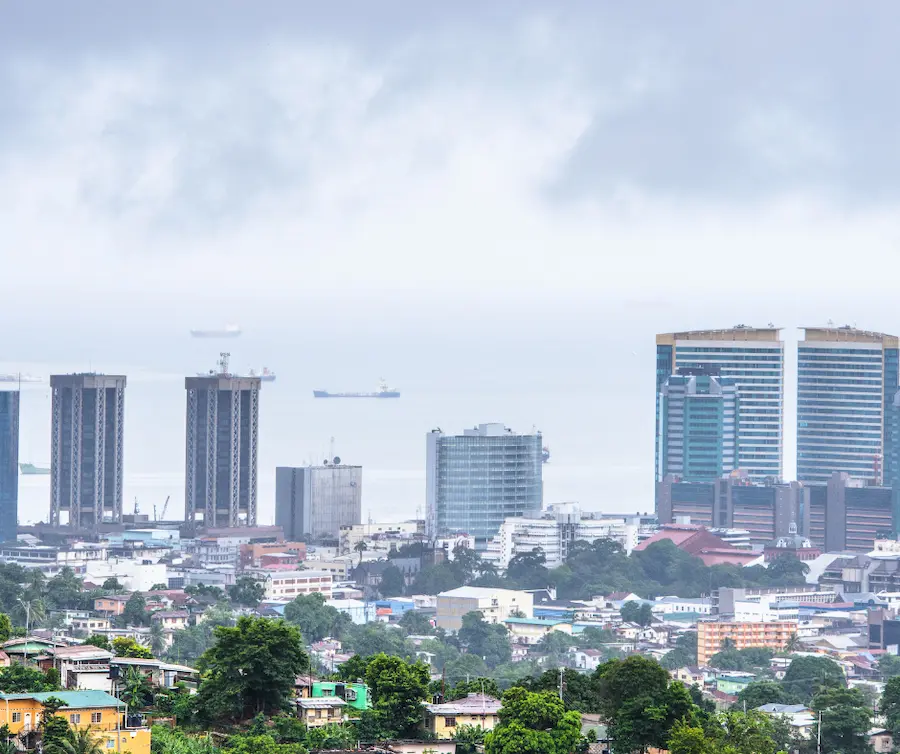

Tobago CivilNet, the non-governmental organisation responsible for the groundbreaking “Conversations with the Candidates” forums for the Tobago East and Tobago West constituencies, says it is open to working with stakeholders who wish to replicate a similar election-debate model in Trinidad.
Broadcast live on Tobago Channel 5 and streamed online, the debates on April 16 and 23 at the Bishop’s High School auditorium brought together the general-election candidates for both constituencies in a moderated format that allowed real-time questioning from voters.
The sessions covered issues crucial to Tobago’s future.
Candidates were challenged to articulate their plans and visions in response by responding to questions from viewers.
Speaking with Newsday, CivilNet’s public relations officer Xavier Edwards said although organising the event was not without its challenges, the initiative was driven by sheer will.
“Those of us behind the project were pretty determined to get it done, and so we were persistent.
“It was easier to get those from smaller parties or independents to commit, but eventually we got almost everyone to participate.”
He said the debates were intended to break from traditional political rhetoric and offer a more meaningful space for discussion.
He explained that the debates were designed to provide a much-needed alternative to political rallies, and allowed candidates to respond to real-time questions rather than delivering pre-prepared speeches.
“It was for those who are not really interested in being preached to. Candidates can’t just come and present a speech.
“These are real questions from real people in real time, because that is the framing for Parliament with questions and discussions. How do you articulate and engage those on the other side? So it gave a glimpse into how they can perform in those spaces.”
With each debate garnering more than 30,000 views on Facebook and Youtube, in addition to live TV viewers, Edwards said he believes it will prove to be an important element of elections in the future.
He believes the debates are a key tool in fostering a more informed and engaged electorate.
“There’s a huge portion of the population who are disinterested, not because they don’t care about the management of the island, but because the political process is so basic.”
The initiative drew participation from a wide cross-section of Tobago residents and members of the diaspora.
Edwards said it was exciting to see supporters of different parties engage each other respectfully.
“One of the most inspiring things was us being able to witness people, usually aligned to a particular party, appreciating contributions from others.
“It was inspiring to see the calibre of conversation both on the stage and in the comment section. You don’t usually get to see that.”
He said the forum even sparked interest from viewers in Trinidad, who expressed a desire to see similar debates.
“There were people from Trinidad in the chat saying, ‘We would love to have things like this in the Trinidad space. Look at Tobago leading the way.’”
While CivilNet does not have immediate plans to bring the debates to Trinidad, Edwards said the group is open to partnering with organisations interested in replicating the model.
“We want this to grow and become a staple during campaign season.
“It built a camaraderie among people that is more genuine. When they were done debating, everybody had to hug each other and take a picture. Even if the camaraderie is fake, if you do something enough times, it becomes real.”


